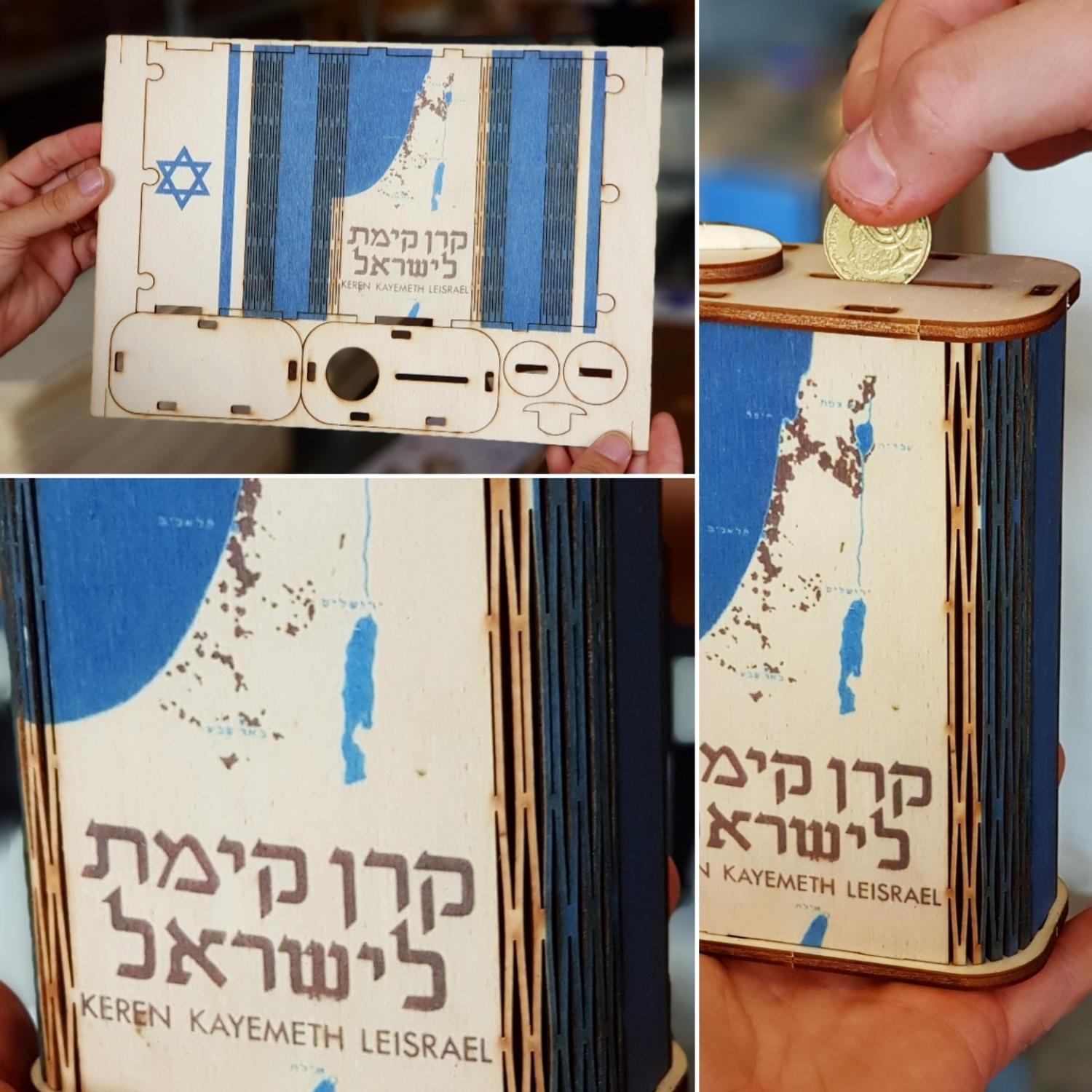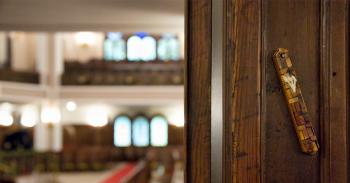
"עַל-כֵּן אָנֹכִי מְצַוְּךָ לֵאמֹר פָּתֹחַ תִּפְתַּח אֶת-יָדְךָ לְאָחִיךָ לַעֲנִיֶּךָ וּלְאֶבְיֹנְךָ בְּאַרְצֶךָ." )דברים טו, יא)
“For there will never cease to be poor in the land. Therefore, I command you, ‘You shall open wide your hand to your brother, to the needy and to the poor, in your land.” (Deuteronomy 15:11)
Tzedakah. Translated by some as “charity”, by others as “philanthropy” and by others yet as “giving”. The truth, the “Emet” is that “Tzedakah” embodies all of these and more, and Tzedakah boxes, those small plain or ornate boxes kept in homes and places of business, allow us to perform the important mitzvah of Tzedakah at any time and nearly any place, anonymously providing for those in need.
Tzedakah is the manifestation of what we intuitively know to be the single most significant act of goodwill any one human can undertake – helping out others who are less fortunate than they. This is the crux of Tzedakah, but there is much and more that can be said about it:
Charitable Giving – Tzedakah is, of course, the act of providing material or spiritual assistance to someone in need. Whether it be comforting the bereaved, clothing orphans or simply coins deposited in a Tzedakah box, each of these is a form of Tzedakah, when willingly given.
Charitable Reciprocity – Anyone who has given Tzedakah knows the feeling, they know that assistance, freely given to a needy individual, is more rewarding to the giver than the receiver. In fact, in Judaism, Tzedakah is not something that one can “do” to another, rather it is considered a deed that is done “with” someone else, where both sides benefit from the exchange (whether they know who the other side is or not). This principle is embodied in the Hebrew word for “to give” – “natan” ("נתן"), which is a palindrome, i.e. it is read the same forwards and backwards, denoting the reciprocal nature of giving.
A Mitzvah – While most of us think, from time to time, about giving to the underprivileged and occasionally feel compelled to do so, this does not suffice in the Jewish religion, where Tzedakah is a Mitzvah, an action commanded by God. As in the verse from Deuteronomy at the outset of this article, Tzedakah is frequently referred to in the Bible and the Talmudic sages (Hazal) repeatedly speak of the religious and social importance of the act. For example, the Gemara tells us that the mitzvah of Tzedakah is preferred above all others.
Moreover, Tzedakah is both a proactive (“Aseh” – denoted by “shall…”) and a prohibitive (“Al Taaseh” denoted by “shall not…”) mitzvah – In the same chapter of Deuteronomy mentioned above, in earlier verses (7-8), it says: “7 If among you, one of your brothers should become poor…, you shall not harden your heart or shut your hand against your poor brother, 8 but you shall open your hand to him and lend him sufficient for his need, whatever it may be”
Tzedakah boxes – low-tech Jewish ingenuity Click here to see Shalom House’s extensive selection of Tzedakah boxes.
It is not for naught that the Jewish people are called the “People or the Book” and, indeed, the wisdom of our learned ancestors is reflected in something as seemingly simple as a Tzedakah Box.
In Judaism, giving Tzedakah discreetly, where the giver does not know to whom they are giving, and the recipient doesn’t know who has supported them, is considered an exaltation of the Tzedakah mitzvah. According to Maimonides, there are eight levels of Tzedakah, where each is “holier” than the previous. In Maimonides’s list, anonymous Tzedakah is second only to Tzedakah that helps ensure a person can make a living and be independent, mostly because it allows the beneficiary to retain their self respect.
At first, anonymous Tzedakah was facilitated by a Tzedakah Gabai (well, not entirely correct – see below) who was knowledgeable in the nuances of collecting funds and fairly distributing them to the poor and needy. Soon, however, came the brilliantly simple idea of using a closed box in which Jewish people could put in coins and which would be collected and distributed later by the Tzedakah Gabai. Accessible, affordable and easily placed in conspicuous spaces, these boxes, called Tzedakah boxes, or Tzedakah Pushka (tin can) in Yiddish, become a mainstay of Jewish communities around the globe. In addition, Tzedakah boxes are considered holy artifacts as they allow for the observance of the Tzedakah mitzvah.
So… what are you waiting for? Get a Tzedakah box today! Feed your soul and create hope where there might not have been by making giving to those who are less well-off a regular and integral part of your life.
Click here to see Shalom House’s extensive selection of Tzedakah boxes.



